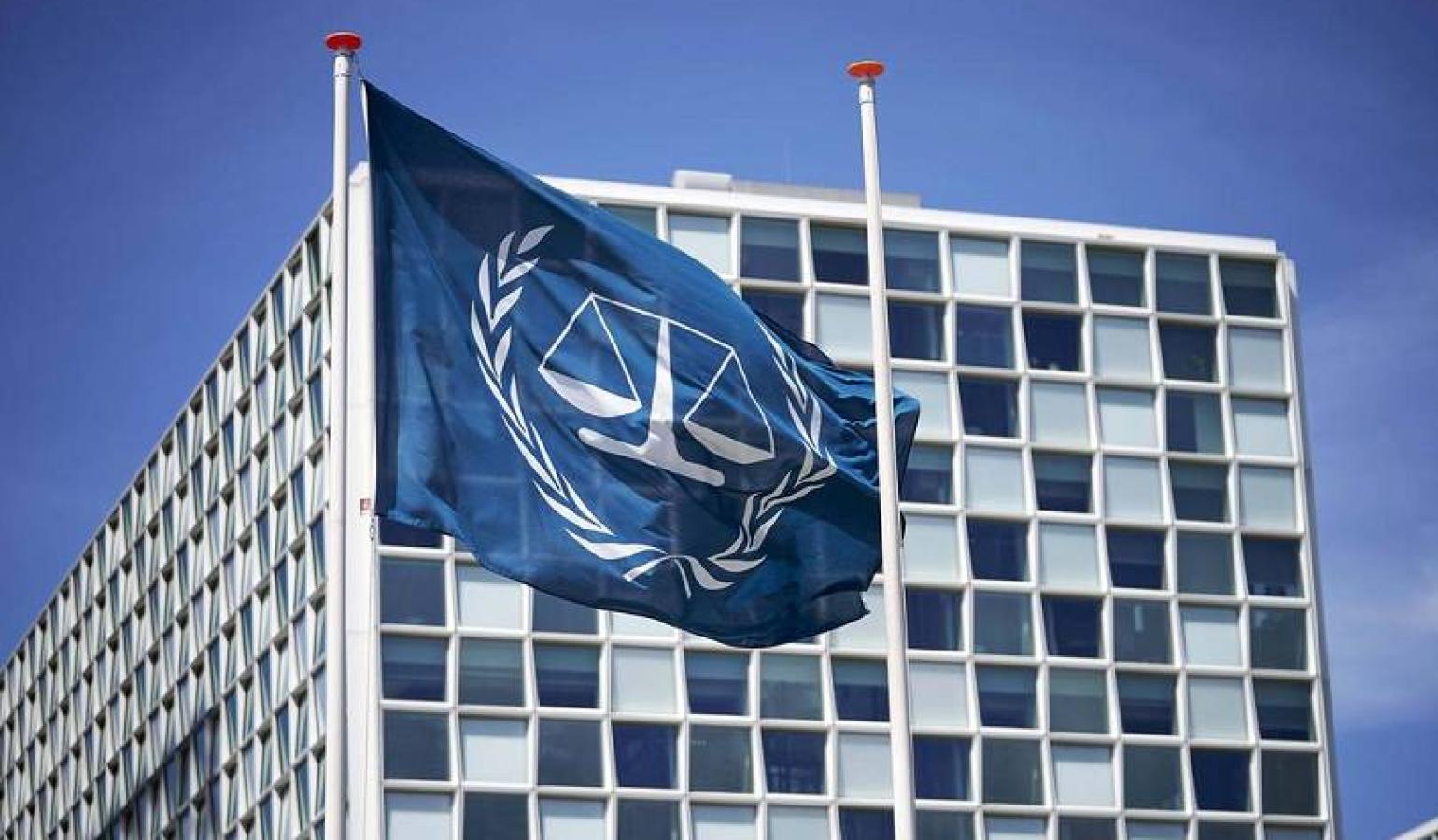
The guest of the latest episode in the interview titled "The Republic of Armenia and the International Criminal Court" was human rights defender and international law expert Siranush Sahakyan, head of the Center for International and Comparative Law. The interview covered topics related to the Rome Statute and the International Criminal Court (ICC). It was primarily informative in nature.
At the beginning of the interview, Sahakyan explained the meaning of the Rome Statute, emphasizing that it established the first permanent court, which plays a significant role in the field of international criminal justice.
According to Sahakyan, the primary distinguishing feature of the ICC compared to other international courts is its focus on individual criminal responsibility.
"Unlike other courts operating within the international system, which deal with the collective responsibility of states for failing to fulfill their international obligations, the ICC examines the accountability of individuals for committed acts. Both direct perpetrators and those who issued orders can be held responsible. Moreover, the principle of immunity is applied differently in this court. While in domestic criminal systems, certain officials are granted immunity, which deviates from the principle of legal equality, in the ICC, no official can claim immunity if they have committed, organized, or facilitated crimes of an international nature," said Sahakyan.
The International Criminal Court cannot prosecute just any crime, and international resources should be concentrated on prosecuting the most serious offenses. According to Sahakyan, the Rome Statute grants the ICC jurisdiction over four specific crimes.
“These are genocide, crimes against humanity, war crimes, and aggression. Regarding aggression, there are certain particularities. While in 1998 and during the ratification process, states were able to reach a consensus on the definitions and prosecutorial approaches for the first three crimes, there were significant disagreements concerning aggression. The lack of consensus could have unnecessarily delayed the ratification and entry into force of the Statute. Therefore, it was decided that the definition of aggression would be determined at a later stage, allowing the Court to begin operating on the first three crimes, with future amendments incorporating aggression into its mandate. In 2010, a high-level diplomatic conference was convened, during which amendments were adopted to define the crime of aggression,” said Sahakyan.
Sahakyan emphasized that in this case, states not only had to sign and ratify the Rome Statute but also the treaty text introducing amendments to it.
As of February 2025, more than 40 states have ratified the amendments. However, the Republic of Armenia is not among them, meaning that before the ICC, only the first three crimes - genocide, crimes against humanity, and war crimes - can be subject to examination in relation to Armenia.
Speaking about the responsibilities of Armenia and the states that have ratified the Rome Statute, the human rights defender emphasized that states primarily have a duty to cooperate. “Bilateral agreements play a significant role in relations with the International Criminal Court. These agreements can regulate specific matters, such as the enforcement of sentences, early release, and other related issues within bilateral relations,” said Sahakyan.
Sahakyan also noted that Azerbaijan has not ratified the Rome Statute, which means that the ICC's jurisdiction is limited within Azerbaijan's sovereign territory.
"However, if Azerbaijani nationals commit crimes on the sovereign territory of Armenia, then only those crimes committed within Armenia’s territory can fall under the Court’s territorial jurisdiction. This means that since May 2021, only the three crimes committed by Azerbaijanis on Armenia’s sovereign territory could be prosecuted by the International Criminal Court," said Sahakyan.